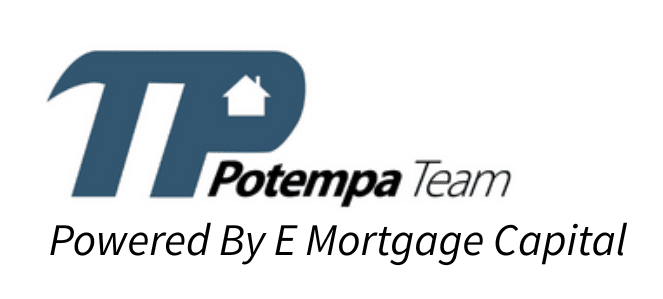Although the real estate market is experiencing an expected modest slide in the post-pandemic economic climate, interest rates remain favorable for taking out a home equity loan. Your home’s value may be more than what you think it is. Moreover, housing market predictions for 2023 indicate that interest rates are likely to top out and begin decreasing next spring. That means an expected rise in demand for U.S. homes in the average to slightly above-average price range.
If you don’t plan on putting your home on the market, now may be an excellent time to consider taking out a home equity loan for making improvements, debt consolidation, or covering unexpected personal expenses.
Home Equity Loan vs. Home Equity Line of Credit (HELOC)
A home equity loan is based on how much you still owe on your mortgage and what your home is worth according to current market rates. For example, Ed and Rose bought a $200,000 home ten years ago. Today, the remaining balance on their mortgage is $100,000. After having a professional appraiser value their home at $300,000 in 2022, Ed and Rose may qualify for up to 80 percent or 85 percent of $200,000, depending on their income level and credit score.
Lending institutions have different guidelines regarding the percentage amount they allow for home equity loans. The average is 80 to 85 percent, with a few banks going as high as 90 percent. So, if Ed and Rose received a home equity loan equaling 85 percent of $200,000, they would pocket $170,000. Their lender would also place a lien on their home until they pay off their home equity loan. In addition, Ed and Rose may have to pay loan processing fees, closing costs, and other expenses, which can be taken out of their home equity loan amount.
A home equity line of credit (HELOC) is a credit line that uses your home’s equity as collateral. Homeowners receiving a HELOC are issued a credit card they can make purchases with, like an actual credit card. The amount of credit given to a homeowner equals their home’s equity. How much you receive from a HELOC depends on your debt-to-income ratio and credit score.
Since this line of credit is secured by an asset (a home), HELOCs offer better interest rates (mostly variable rates) than personal loans or credit cards. Be aware that if you decide to obtain a HELOC and, for some reason, fall behind on payments and can’t repay the HELOC, the lending institution providing the HELOC can foreclose on your home.
What Kind of Appraisal is Needed to Get a Home Equity Loan?
A full appraisal is typically required before a homeowner applies for a home equity loan or HELOC. A full appraisal consists of a certified real estate appraiser thoroughly inspecting the inside and outside of your home. What precisely an appraiser is “appraising” includes:
- The overall external condition of the home (foundation integrity, roof quality, windows, gutters, siding, etc.)
- The overall internal condition of the home (carpet, tiles, signs of water leaks, doors, age of HVAC and electrical system)
- The location of the home (location plays a significant factor in how much the appraiser determines the home’s market value. For example, is the home near schools and businesses? What is the neighborhood’s crime rate?)
- The home’s total square feet (bedrooms, bathrooms, garage size, attics, basements)
Depending on the kind of flaws and the number of defects an appraiser notes while inspecting your home, that appraiser could deduct just several hundred dollars–or several thousand–from the final value. To get the most out of a home equity loan, consider investing in affordable but necessary upgrades before appraising your home.
How Long Does It Take to be Approved for a Home Equity Loan?
Compared to being approved for a personal loan, a home equity loan usually takes less than six weeks from the time you apply to the time the loan is approved. Good credit, steady employment, and providing an appraiser’s professional assessment of your home’s market value to a lender will speed up the process.
How Much Time is Allotted to Repay a Home Equity Loan?
Most home equity loan terms give homeowners 20 years to repay the loan. However, the time offered by lenders to repay home equity loans can be as short as five to as long as 30 years.
Can a Home Equity Loan be a Down Payment on a New Home?
Many homeowners take out a home equity loan as a down payment on their next home. It’s a great way to increase the down payment on a home without having to worry about selling their place of residence simultaneously.
After a homeowner is approved for a home equity loan, they can use it as a down payment on a new property. Funds from the sale of their old home can then pay off any remaining mortgage balance on their previous home. Finally, any leftover funds can be used to pay off the home equity loan.
If you plan to put a down payment on a new home with a home equity loan, be aware that your debt-to-income ratio will be considered when applying for the loan. A good to excellent debt-to-income ratio will help reduce interest rates on a home equity loan.
Contact Potempa Team Today for More Information About Obtaining a Home Equity Loan
Whether you want to help your child pay for college, perform significant upgrades to your home, or consolidate credit card and personal loan debts, now has never been a better time to find out how much you can get from a home equity loan. Potempa Team members are standing by to talk to you about how to get started on receiving funds from a home equity loan.





